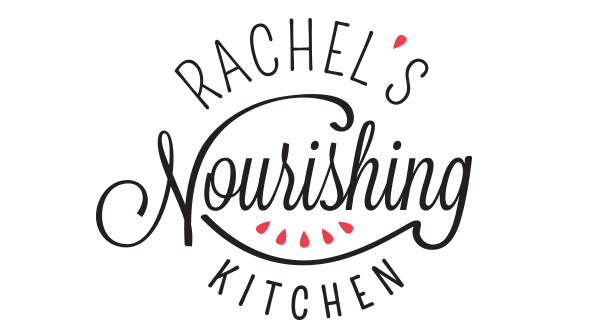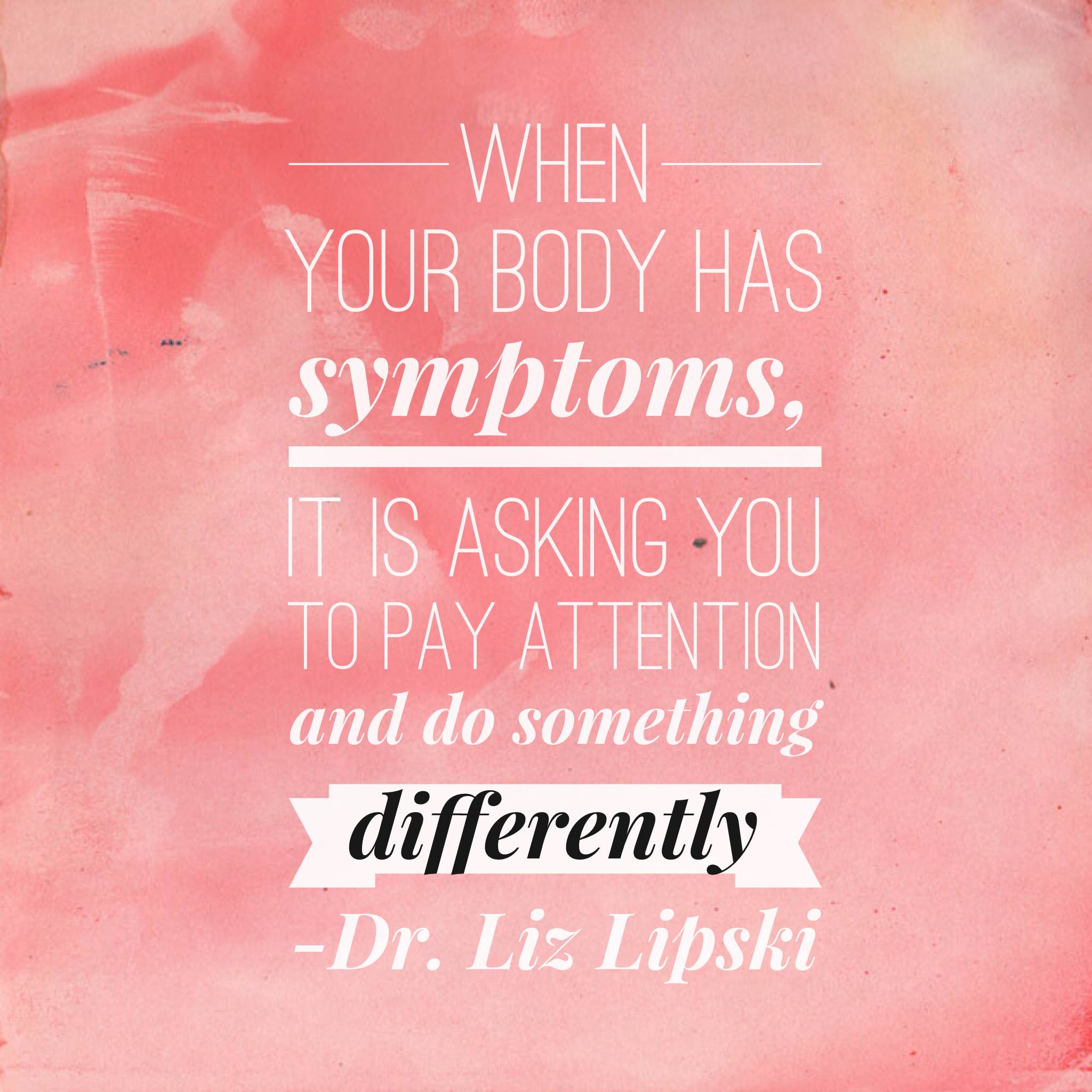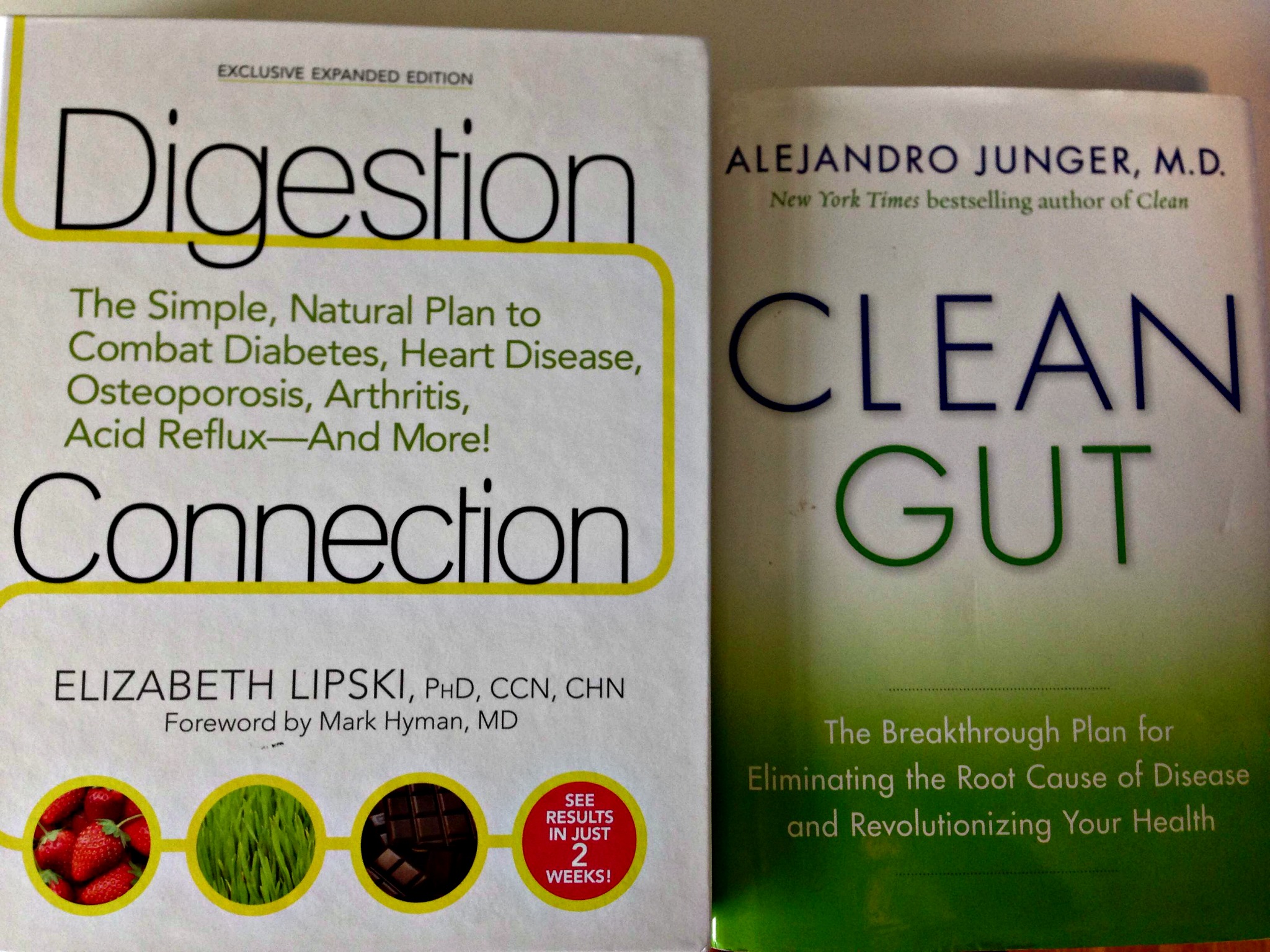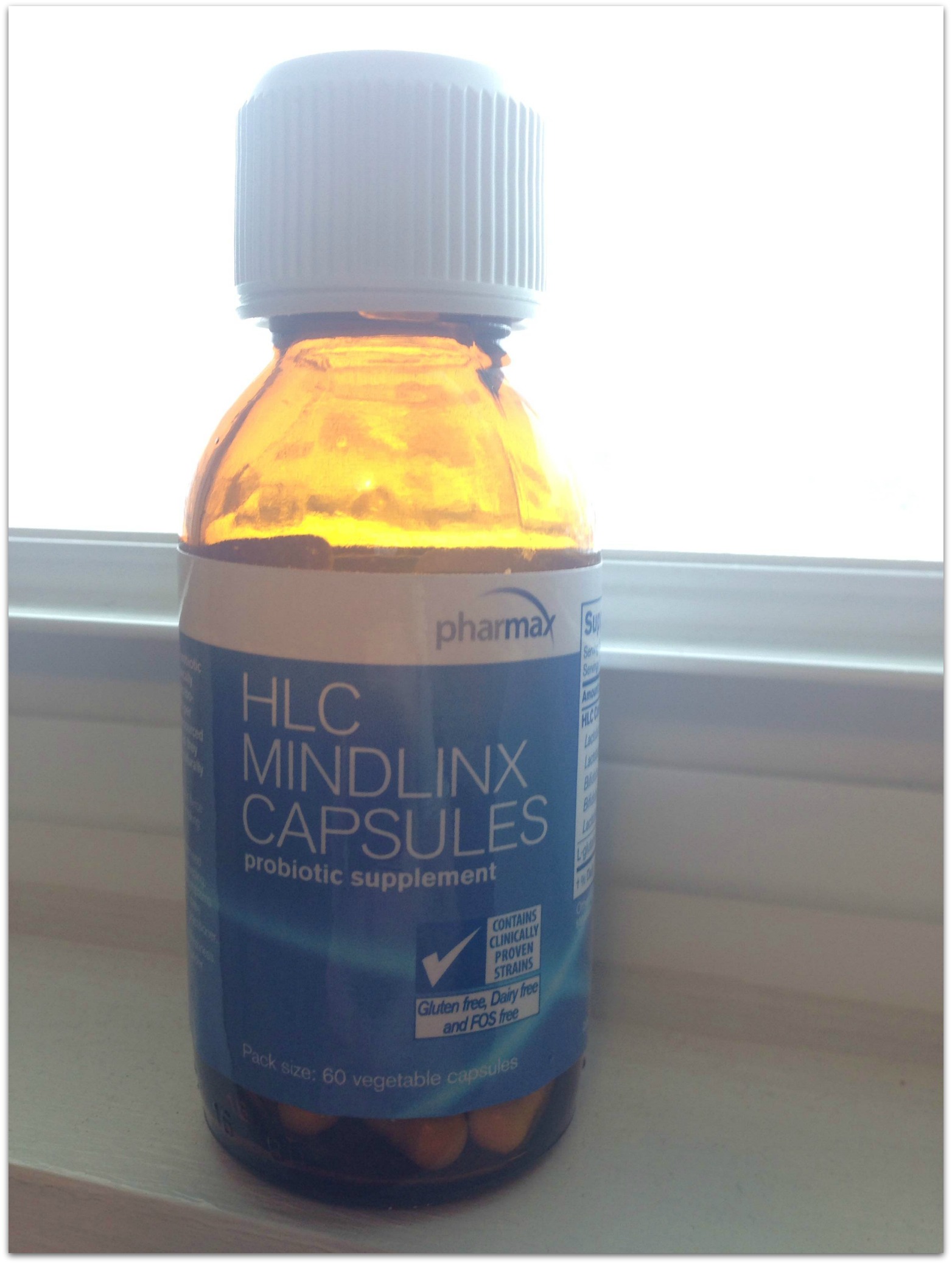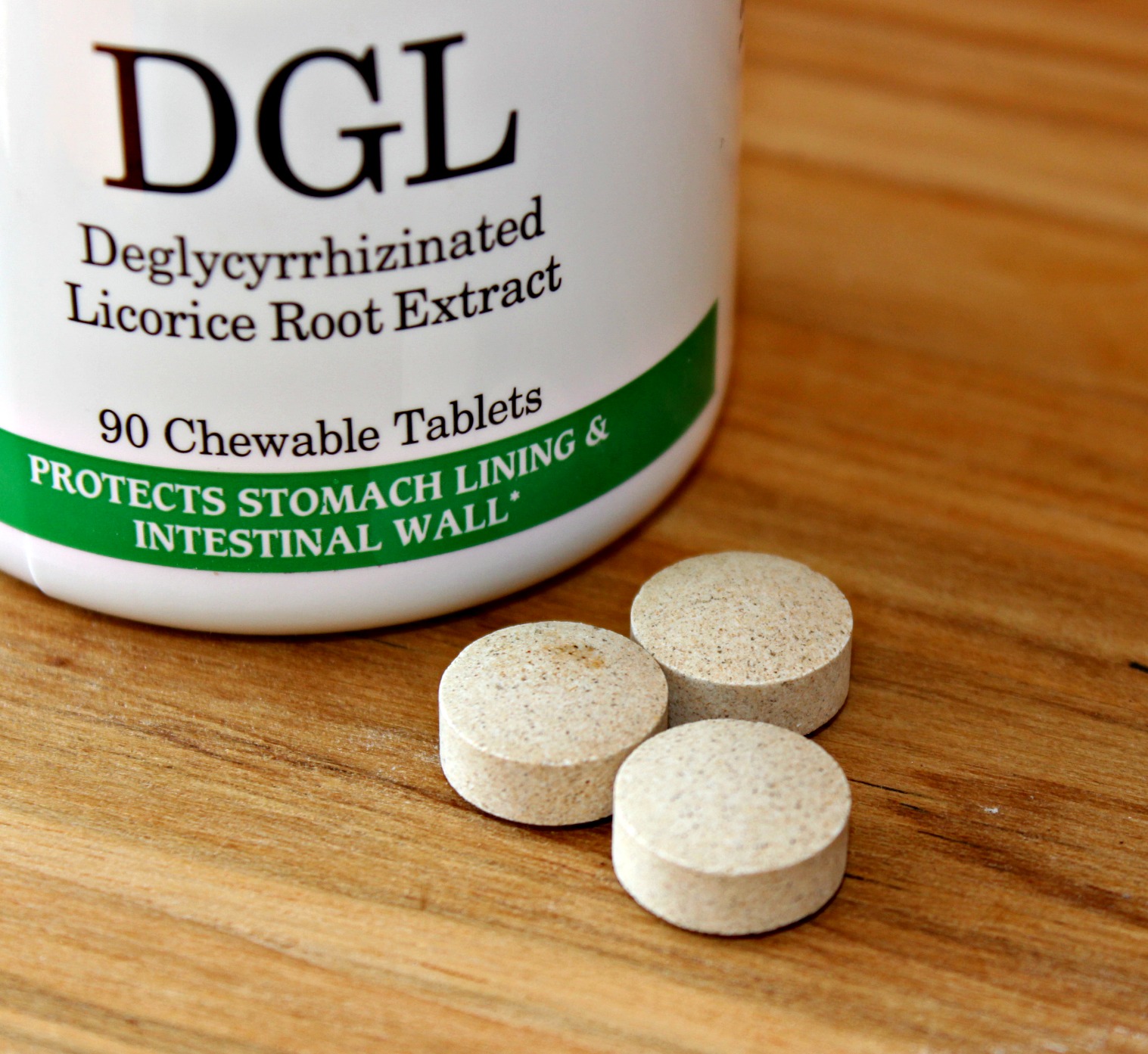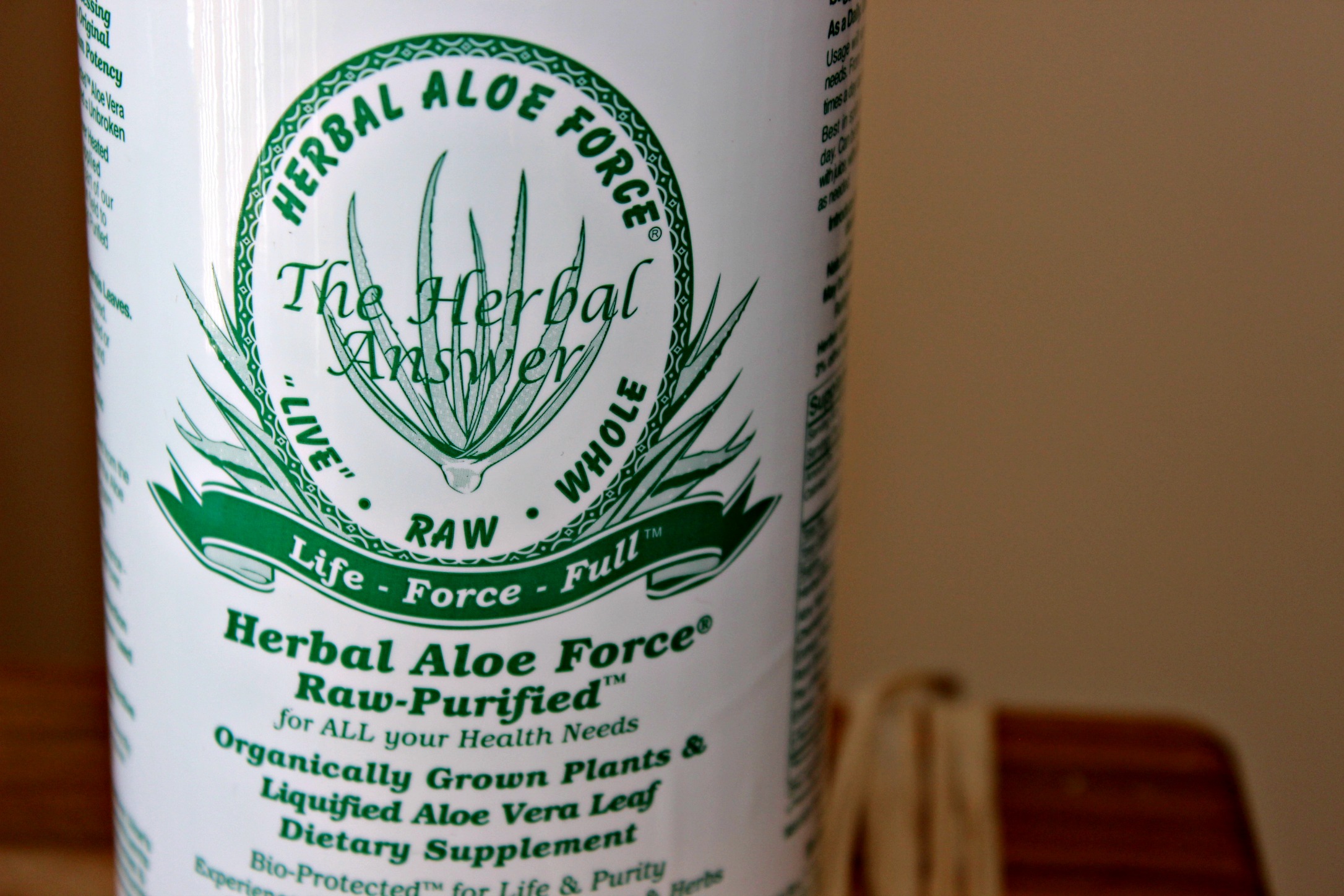It’s been almost two years since I filled my last prescription after taking a pill daily for almost a decade.
I was first diagnosed my sophomore year of college.
I had chronic acid reflux (more commonly known as heartburn or indigestion) and swallowed a pill daily to quiet my symptoms.
I was terrified to eat anything without taking my pill for fear of unbearable burning sensations in my chest or bloating and sharp pains in my stomach.
But what was the medicine actually doing to my body?
Why did I have reflux in the first place?

I kept my last filled prescription for Protonix, even though I never used it, as a reminder to myself of what I’ve done to heal my body
For years I didn’t think about it and didn’t ask.
Sure, I was “compliant” and took my medicine every day (sometimes twice a day), but I wasn’t getting better, and I hated that I depended on a pill to eat.
Over time, I learned that the medicine I was taking wasn’t helping me heal. All it was doing was masking my symptoms and keeping them quiet, so I could eat what I wanted and not change anything else.
It was actually harming me.
Lab testing over the past 18 months revealed that I had nearly a dozen nutrient deficiencies, including some pivotal to energy, immunity, and anxiety, like magnesium, Vitamin B12 and Vitamin D.
This, in spite of that fact that I was eating lots of plants and avoiding stuff like fried food, fast food, and processed and packaged food.
So, what was happening?
I learned that suppressing my stomach acid by taking pills was actually preventing me from fully breaking down food and absorbing nutrients.
The body needs adequate stomach acid to break down food, so nutrients can be absorbed.
My body wasn’t doing that properly, as I had shut off its natural ability to produce adequate acid by taking acid blockers every day.
Despite the fact that my grandparents, aunts and uncles and mom had reflux, I didn’t think it had to be my genetic destiny. I believed something could be done.
I knew I didn’t want to be medicated forever, so I read several books (like the two below) and dozens of articles on the topic of healing reflux naturally and learned through experts in my health coaching program that there was another way.
My nutritionist also helped me get to the bottom of the issues I was having, and I am forever grateful to her for that!
I started making some changes and am happy to report I have been COMPLETELY OFF of my acid blocking medicine for almost two full years! 🙂
Below are the eight steps that work for me.
Disclaimer: I am not a medical doctor, and this information is not intended to diagnose, treat or cure any health condition. Rather it’s a reflection of what I have learned on my journey to heal my body. Never stop taking medication without consulting your doctor, as there can be negative side effects to doing so. If you have concerns about a particular health concern, including gastroesophageal reflux disease (GERD), I highly recommend seeing a health care provider who understands that there are and is open to trying alternative approaches to treating (and even reversing) reflux. I’ve shared my full list of links and recommended providers here but have also embedded links below:
1) Chew Your Food & SLOW Down
This might seem simple, but most of us don’t do it! Enzymes in our mouth help us start the digestive process. If we inhale our food, we bypass that step, which makes our stomach work harder to break down our food.
2) Drink Water BEFORE Not During Meals
When we drink liquid during a meal, we can dilute our stomach acid and fill up our stomachs too much, which can put pressure on the LES (lower esophageal sphincter). The LES is the muscle that prevents food from going back up our esophagus. Drinking room temperature water 10-15 minutes before a meal and only sipping water or warm tea as needed (if at all) during a meal has helped me. When we chew our food thoroughly, we don’t need as much liquid to “wash it down.”
3) Eliminate Trigger Foods.
For me and many other people, those foods were dairy and gluten. For others it’s things like coffee or fried food. Cheese, ice cream, milk, cream, yogurt, milkshakes triggered my symptoms the most. Every time I ate them, I felt like something was coming back up. This is not normal. I was embarrassed to talk about it because it was “gross.” Now, I know better, and I’ve found healthier ways to make (and enjoy!) those foods without dairy.
Gluten (the sticky “glue-like” protein in wheat, barley and rye) disrupts the healthy bacteria balance in our gut and can trigger inflammation and digestive irritation, like reflux. Cutting out gluten was key to reducing bloating, gas, and other symptoms that tended to come along with digestive conditions like reflux.
*Every recipe on this blog is dairy-free AND gluten-free, including dairy-free smoothies like this one…*
4) Repopulate My “Gut” with Probiotics
The healthy bacteria in our digestive system (AKA our “gut”) need to be fed the right stuff to keep our body healthy and our digestion smooth. This is especially true for those of us who have taken countless rounds of antibiotics (yup!) and therefore repeatedly wiped out all of the bacteria in our gut – both the good guys and the bad guys.
Taking a probiotic daily helps me. I take one through my nutritionist that is specifically designed for people with sensitivities to gluten and dairy.
5) Relax with Magnesium
Magnesium plays a key role in relaxing our muscles, including the ones in our digestive tract that can act up and send food and acid in the wrong direction. I was deficient in magnesium and started supplementing with it through my nutritionist, and it helped me tremendously. I would encourage anyone facing the same issues I was to add magnesium citrate powder to your diet so it helped me a lot.
6) Protect with Licorice Root
Adding soothing foods like licorice in the form of teas and tablets help to coat my stomach and protect it before and between meals. DGL tablets are one option for this and can work wonders.
This is the primary way my MOM was able to stop taking Nexium after being on it for about 12 years! My mom was taking Nexium for years because her friend had recommended it to her but she recently found out that one of the Side Effects of the drug is a 20-50% increased risk of developing fatal kidney disease. This obviously got alarm bells ringing so she knew she had to find a way to get off the medication. She and my dad both switched from their traditional doctor – who told them they were his “best patients” even though my mom still took daily reflux meds – to Dr. Bill Rollow. He helped my mom safely wean off of Nexium (this is SO important) and transition to a natural way, and she is now Nexium-free! She swears by these DGL tablets and takes one 15-20 minutes before each meal.
7) Add in hydrochloric acid (HCl)**
(See important note about this below!). It turns out some people suffering from reflux have LOW stomach acid, not too much. Totally counterintuitive, right?? That was the case for me, especially after years of suppressing normal acid levels with daily medication. My nutritionist put me on a regimen of taking hydrochloric acid tablets (betaine HCl) with meals containing protein to get my stomach acid levels back up. This helped my body break down food into a form it could use to nourish and heal me and helped minimize symptoms like burping and bloating, which can be indicative of low acid. I make sure to avoid these 4 mistakes when taking HCl and have been closely supervised by my nutritionist throughout the process.
**IMPORTANT NOTE: SOME people with reflux symptoms have stomach ulcers, hernias and other bacterial infections, so it is CRUCIAL that you see a doctor for a proper diagnosis and not self-prescribe things like betaine HCl. I’m just sharing my story and what worked for me. A trained functional medicine doctor will be able to talk more in-depth about this option with you to determine if it’s the right path of treatment for your body.
8) Soothe with Aloe
Sometimes if I overeat or otherwise do something to upset my stomach, I like to have something on hand to “put out the fire.” For me, Aloe Force does that. Dozens of people have shared their testimonials about how this product has healed their digestive issues, including reflux. I’m not compensated by them in any way for saying this – I’ve just used their product and liked the results. It doesn’t taste all that great, but you can mix it in with water to dilute it.
The quality of aloe is important, so not just any aloe (there are a lot on the market) will work. The most important thing my nutritionist told me about taking aloe is to avoid the ingredient “aloin” which can have a laxative effective and be damaging to the digestive tract. Aloe Force’s aloe does not contain aloin. I called the company to ask. I buy Aloe Force at MOMs Organic Market.
——————————————————————————————————————————
Here are my top 3 resources for healing reflux naturally, including my favorite books, websites and local healthcare providers who ROCK! 🙂
